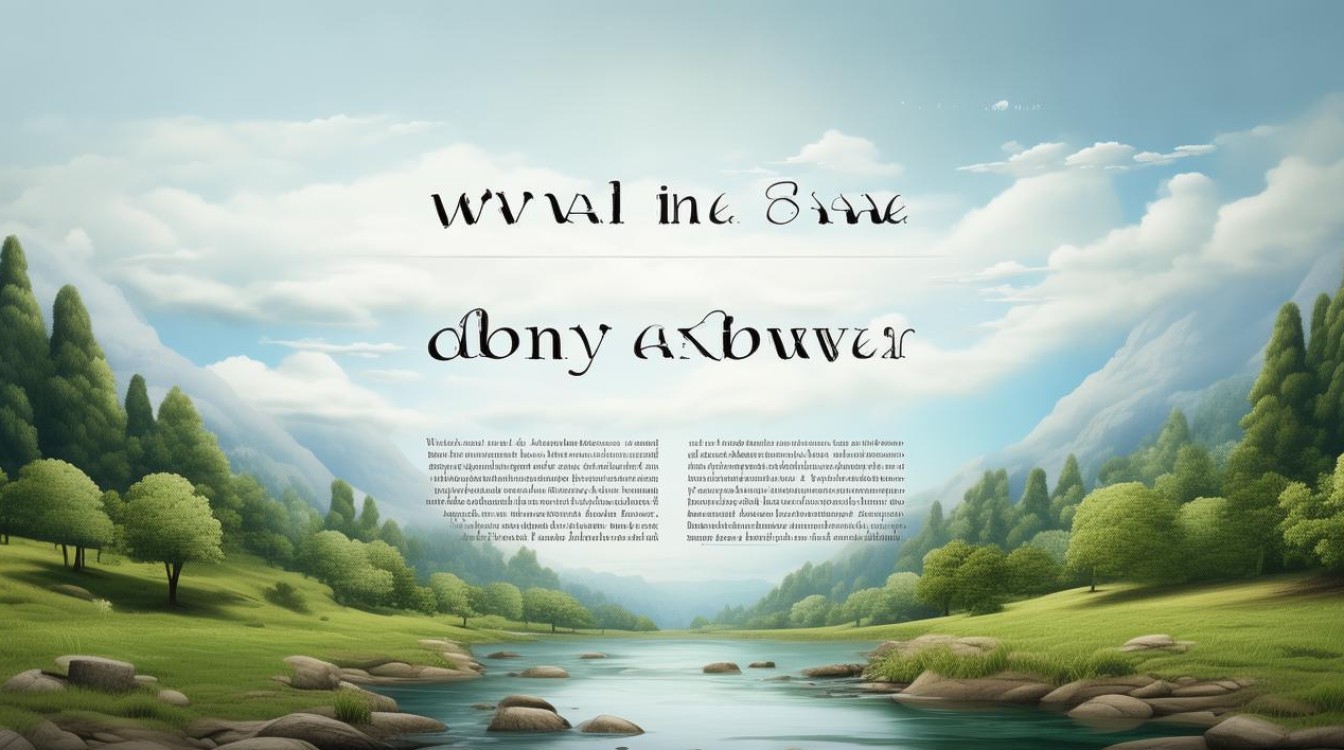初学者版 (适合小学生/英语初学者)
My Favorite Weather

My favorite weather is sunny. When it is sunny, the sky is blue and the sun is bright. I feel very happy on a sunny day.
I like to play outside with my friends. We can ride bikes, play ball games, or just sit on the grass and talk. It's fun! My mom also likes sunny days because she can wash the clothes and hang them outside to dry.
I don't like rainy days very much. It is wet and I can't go outside to play. But I know rain is good for the flowers and the trees. So, I am happy when it rains, but I still like sunny days the best.
进阶版 (适合初中生/有一定英语基础者)
The Changing Seasons and My Feelings
Weather is like a friend that changes its mood often. It can be sunny, rainy, windy, or cloudy, and each kind of weather brings a different feeling to my life.
I love sunny days the most. The golden sunlight warms my face and makes everything look bright and beautiful. It’s the perfect weather for a picnic in the park or a walk by the river. On such days, I feel energetic and optimistic, as if all my problems can be solved by the light.
However, I also have a soft spot for rainy days. There’s a certain cozy feeling about staying indoors, listening to the sound of raindrops tapping against the window, with a good book in my hand. Rainy days are for quiet reflection and relaxation. They wash the dust off the city and, in a way, wash my mind clean too.
Windy days can be exciting. They remind me of the power of nature. I enjoy watching the leaves dance and feeling the cool breeze on my face. But sometimes, the wind can be too strong, making it difficult to walk.
In conclusion, different kinds of weather make our life rich and colorful. I am grateful for every sunny, rainy, and windy day because they all teach me to appreciate the beauty of nature and the changing rhythm of life.
高阶版 (适合高中生/英语水平较高者)
A Dance with the Elements: On the Poetry of Weather
Weather is far more than a mere topic of small talk; it is the silent poet that writes the daily narrative of our lives, an ever-changing symphony that orchestrates our moods, memories, and very perception of the world.
There is a profound beauty in a sun-drenched day. The sun, in its benevolent glory, bathes the landscape in a golden hue, transforming the ordinary into the sublime. Such weather invites us outdoors, to feel the warmth on our skin and to bask in the vitality it bestows. It is a weather of action, of possibility, and of unbridled optimism. A sunlit afternoon can become a cherished memory, a snapshot of pure, unadulterated joy.
Conversely, the poetry of a rainy day is one of introspection and tranquility. The pitter-patter of rain against the windowpane creates a natural white noise, a soothing soundtrack that encourages us to slow down and turn inward. It is a weather for contemplation, for curling up with a cup of tea and a good book, and for finding comfort in the quiet solitude of a sheltered world. The rain nourishes the earth, and in doing so, it seems to nourish the soul, washing away the noise and leaving behind a sense of peace.
Then there are the dramatic interludes of a storm. The sky darkens, the wind howls, and lightning tears through the darkness. This is weather in its most raw and powerful form. It can be terrifying, yet it is undeniably magnificent. A storm reminds us of our own smallness in the face of nature's immense power, and the calm that follows—a world washed clean and smelling of petrichor—is deeply rewarding.
Ultimately, our relationship with weather is deeply personal. It is a constant dialogue between the external environment and our internal state. To appreciate weather is to appreciate the delicate balance of life, to find wonder in the fleeting beauty of a cloud, and to recognize that in every shift of the wind, there is a new story to be told. It is, in essence, a dance with the elements, and a celebration of the world's ever-changing, yet eternal, grace.











